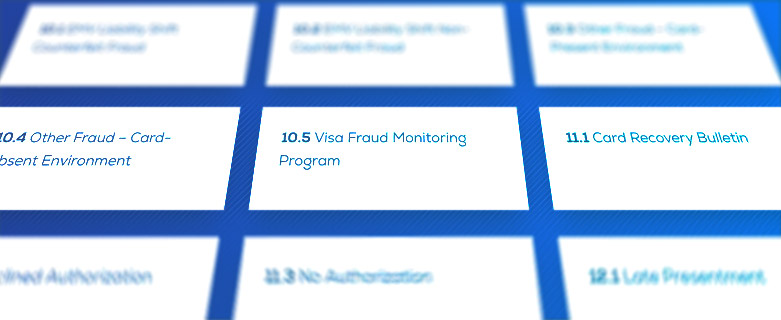News

Shopify Chargebacks
Ecommerce continues to grow its share of global merchant commerce. New merchants are creating digital storefronts everyday, using a number of different ecommerce platforms. Shopify is among the most popular of such platforms. For merchants curious about how Shopify merchants manage chargebacks, here are some frequently asked questions.
What Is Shopify?
Shopify is an ecommerce platform founded in 2004 by three Canadian entrepreneurs who wanted to sell snowboarding equipment. It has grown into a widely used platform that merchants can use to create and manage online stores. It can also serve as a retail point-of-sale system and features an app store for third-party applications that merchants can integrate into their Shopify stores. Merchants can use Shopify Payments, the platform’s own payments processor, or another payments processor of their own. Because it is relatively easy for a small retailer to set up an online store with Shopify, it is a growing platform, with more than 1.75 million merchants using Shopify in 175 different countries.
Does Shopify Have Chargebacks?
Yes. Any Shopify transactions made with payment cards, or alternative payment forms that tie back to payment cards, carry the same possibility of chargebacks as any other card-not-present (CNP) payment card transactions.
Are Shopify Chargebacks Processed Differently?
Yes, slightly. If merchants use Shopify Payments as their payments processor, then chargebacks are processed such that the payment and any associated fees are deducted from the next available Shopify payout rather than being deducted from a merchant account. Shopify puts the card brands’ reason codes into eight buckets, simplifying them from the usual dozens. Shopify has a blog that offers tips on how to respond to illegitimate chargebacks and how to prevent fraud. For merchants that use Shopify Payments, it is possible to manage chargebacks within Shopify’s platform.
Does Shopify Have Any Fraud Protection Programs?
Yes, Shopify has built-in fraud analysis that merchants can use as part of their fraud prevention efforts. All Shopify merchants have access to Shopify’s fraud analysis indicators while merchants with advanced Shopify plans and merchants that use Shopify Payments have access to Shopify’s machine-learning-powered fraud recommendations. According to Shopify's user manual, “The fraud recommendation tells you if an order has a low, medium, or high risk of a chargeback due to fraud. If an order has a medium or a high risk, then it's flagged on the Orders page with a warning symbol next to the order number.”
Shopify also offers the option to some Shopify Payments merchants to use Shopify Protect, a fraud prevention and chargeback protection program. This program uses an algorithm to detect potentially fraudulent transactions and prevents them from occurring. Additionally, Shopify Protect covers the costs associated with fraud-related chargebacks that result from transactions that get through the fraud filters. Shopify Protect only applies to transactions that meet the following conditions:
- Must involve physical items that require shipping (no digital products or “buy online, pickup in store” orders)
- Only available to Shopify Pay merchants located in the United States
- Orders must be fulfilled within 7 days and in transit to the customer within 10 days
- Must have a valid tracking number from a supported delivery carrier such as the Shopify Fulfillment Network, United States Postal Service, UPS, Canada Post, DHL Express, or FedEx
There are also third-party fraud protection acts that merchants can purchase from Shopify’s app store.
Conclusion
Ultimately, merchants with Shopify storefronts are about as susceptible to chargebacks as any other ecommerce merchants. But Shopify does offer some unique fraud prevention and chargeback protection services to merchants who utilize Shopify Payments as their payments processor.









